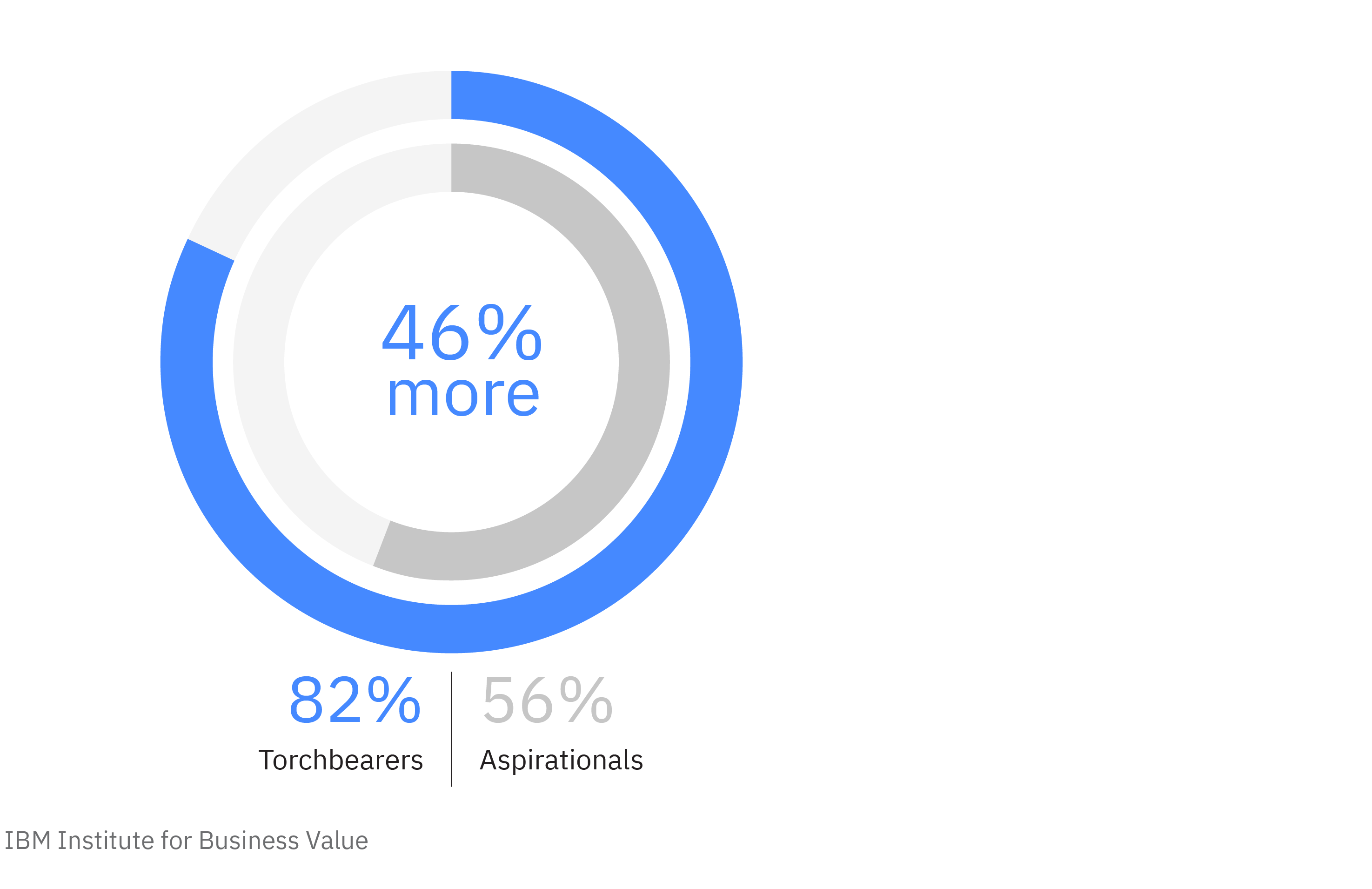A hybrid cloud prescription
For years, healthcare and life sciences companies have been relentlessly tasked to improve the quality of and access to services while lowering costs. Then COVID-19 showed that established and predictable revenue streams, supply chains, and labor availability can be disrupted quickly. The industry is now racing even faster to digital to develop the speed and agility to respond to an oftentimes unpredictable marketplace.
Healthcare organizations need to accelerate the transformation of their IT estate to modern, flexible architectures. A hybrid cloud makes it possible to improve the agility and scalability of enterprise applications and data by combining the benefits of a public cloud and on-premises infrastructure. Moving to a hybrid cloud infrastructure can improve all areas of the healthcare ecosystem: healthcare providers and payers, consumer health, and life sciences.
Migrating mission-critical applications and core business workloads is the next chapter of the cloud.
However, cloud adoption has been slow, partly due to the highly regulated nature of healthcare and life science industries. Globally, as of 2019, 80 percent of companies have moved to a cloud environment, but only 20 percent of their workloads had—usually microservices that are native. Migrating mission-critical applications and core business workloads, the other 80 percent, is the next chapter of the cloud.
The cloud can enhance data security
The sticking point is the highly sensitive nature of health data. Breached protected health information (PHI) is one of the most profitable types of data sold on the dark web, more than Social Security numbers and credit card information. Concerns around security and privacy are driving healthcare and life sciences organizations’ hesitance toward moving to a public cloud environment where there's a dependence on the cloud provider. But while there is a reliance on a third party that healthcare and life sciences organizations didn't have to consider previously, the cloud can enable additional layers of security.
Encryption technology protects the data from the cloud provider and other cloud tenants. Security capabilities, such as Bring Your Own Key (BYOK) and Keep Your Own Key (KYOK) encryption, provide an additional layer of protection by enabling cloud customers to use encryption keys not generated by the cloud provider, making the data unreadable.
Industry leaders are investing in transformation
More healthcare and life sciences industry leaders have been adopting cloud—or making significant progress—over the past five years and are moving toward the next chapter with more intent, interest, and investments. In a recent IBM Global C-suite Study, 82 percent of healthcare and life sciences leaders defined as torchbearers—those who primarily incorporate data in their strategies, operations, and culture—said they expect to make significant investments in the hybrid cloud in the next few years. Only 46 percent of aspirationals—those who are just beginning to integrate enterprise-wide business and data strategies—can say the same.
The true value of this investment lies in ultimately completing a full digital transformation of the organization and its processes. The organizational or cultural structure will be redefined to create new ways of working that maximize the use of automation and low human touch, which eliminates costs and errors. Once the culture of change is ingrained with new ways of getting things done, the subsequent workflow is more efficient and can scale with greater velocity.
Healthcare and Life Sciences leaders expect to invest in hybrid cloud.

With an integrated platform, no matter the touchpoint, a complete view of the customer allows for the best service and more personalized experience. Cloud is a key component to get to that state of end-to-end customer visibility.
Learn how moving to a hybrid cloud can help Healthcare and Life Sciences companies accelerate digital transformation, enhance data security—and take a more holistic approach to patient health.
Meet the authors
Ryan Hodgin, IT Executive, US Healthcare OrganizationCarlin "Rick" Smith, IBM Global Markets, CTO for Healthcare Payers
Ramesh Gangisetty, IBM Global Markets, CTO for Consumer Healthcare
Neeraj Nargund, IBM Global Markets, CTO for Life Sciences
Download report translations
Originally published 21 August 2020




